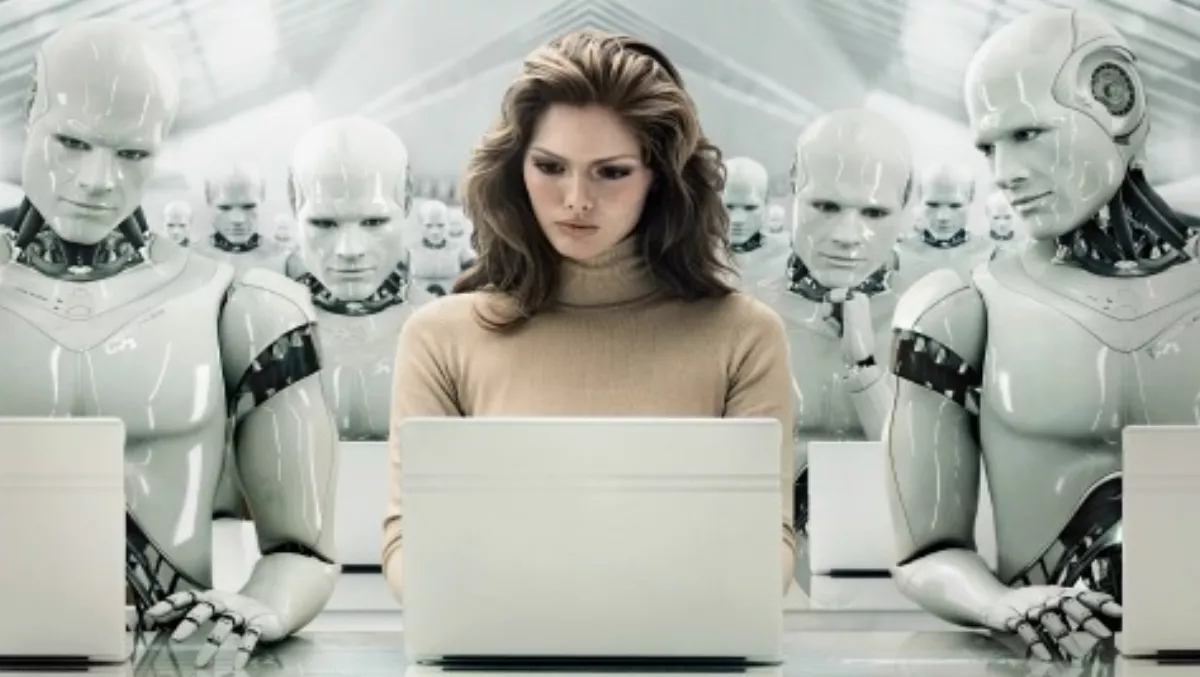
No profession immune: Will machines replace you at work?
Investing in machines over staff is increasingly becoming a reality for many businesses the world over, according to findings from Grant Thornton International's latest Business Report.
The report reveals the scale of technology's influence on business, with the majority of firms, in New Zealand and across the globe, surveyed now planning to automate operations and practices.
With capital costs low as labour costs rise, the findings pose fundamental questions about the extent to which machines will eventually replace humans.
Investing in machines is becoming a more cost effective option, with over half (56%) of firms surveyed saying they are either already automating business practices or may do over the next 12 months.
By industry, 43% of manufacturing firms said they expect this to eventually replace at least 5% of their workforce. Cleantech was in second place on 39%, followed by the technology and food - beverage sectors on 35%.
At the other end of the spectrum, just 9% of hospitality, education and healthcare firms expect 5% or more of workers to be replaced.
"While there will be job losses as technology transforms both the private and public sectors, technology will also enhance the skills and capabilities of humans," says Michael Worth, partner, business transformation at Grant Thornton New Zealand.
"Our findings suggest that workers will be able to take on new roles and responsibilities created by increased use of technology," he says.
Globally, 54% of automating firms expect to redeploy workers in other areas, with 28% stating that workers will be trained to operate new machinery. Even in manufacturing, 44% plan to redeploy rather than remove staff.
This is particularly the case in New Zealand – executives surveyed said that their people would either be deployed to other areas (44%) or trained to use new technologies (28%). And when asked their principal motivations for considering automation, 39% of New Zealand respondents identified freeing up staff for higher value add tasks.
Steve Perkins, global leader for technology at Grant Thornton, says, "The roles reserved for humans could look very different years from now.
"Some will feel the effects more sharply," he says. "Driverless cars could render taxi drivers unnecessary, while Yahoo Finance recently announced its newsroom would be going fully automated, removing the need for human journalists.
"The taxi drivers and journalists of today could be the quality control analysts or machine servicing staff of the future." Perkins says, "Automation in the first industrial revolution made us stronger, automation the second made us faster, and in the third we will have tremendously greater insights. The possibilities are enormous.
"History has proven that workforces are resilient and adaptable but the rise of intelligent machines, analytics and a ubiquitous 'internet of things' pose significant opportunities and challenges," he continues.
"No sector or profession is immune. Increased dialogue between governments, businesses and education institutions will help us better understand where gaps in the labour market will exist, to ensure we have a pipeline of people being educated and trained to fill those roles.


